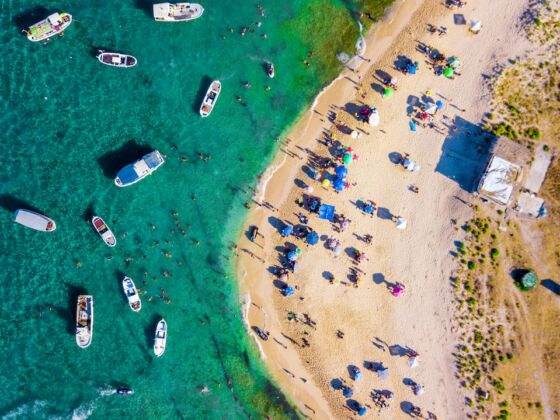1. The Lebanese
When I was growing up, civil war raged in Lebanon. We read in newspapers about Christians, Shi’ites, and Sunnis killing each other, foreigners being kidnapped, horror stories from the refugee camps at Sabra and Shatila.
Several of my schoolmates went on to join the UN peacekeeping forces in Lebanon. Before going, many associated the Lebanese — or all Arabs, really — with trigger-happy warmongers and terrorists (the press was just as skewed in the ’80s, remember?).
But, without exception, they came back with a new understanding and completely altered views, proclaiming great affection for the people of Lebanon.
Later, most of my college friends in the U.S. were from the Middle East — some were Lebanese. It’s been years — more than 20 — but I still remember their exuberance and optimism. Despite having to constantly worry about friends and families back home, they managed to remain down-to-earth and lighthearted.
